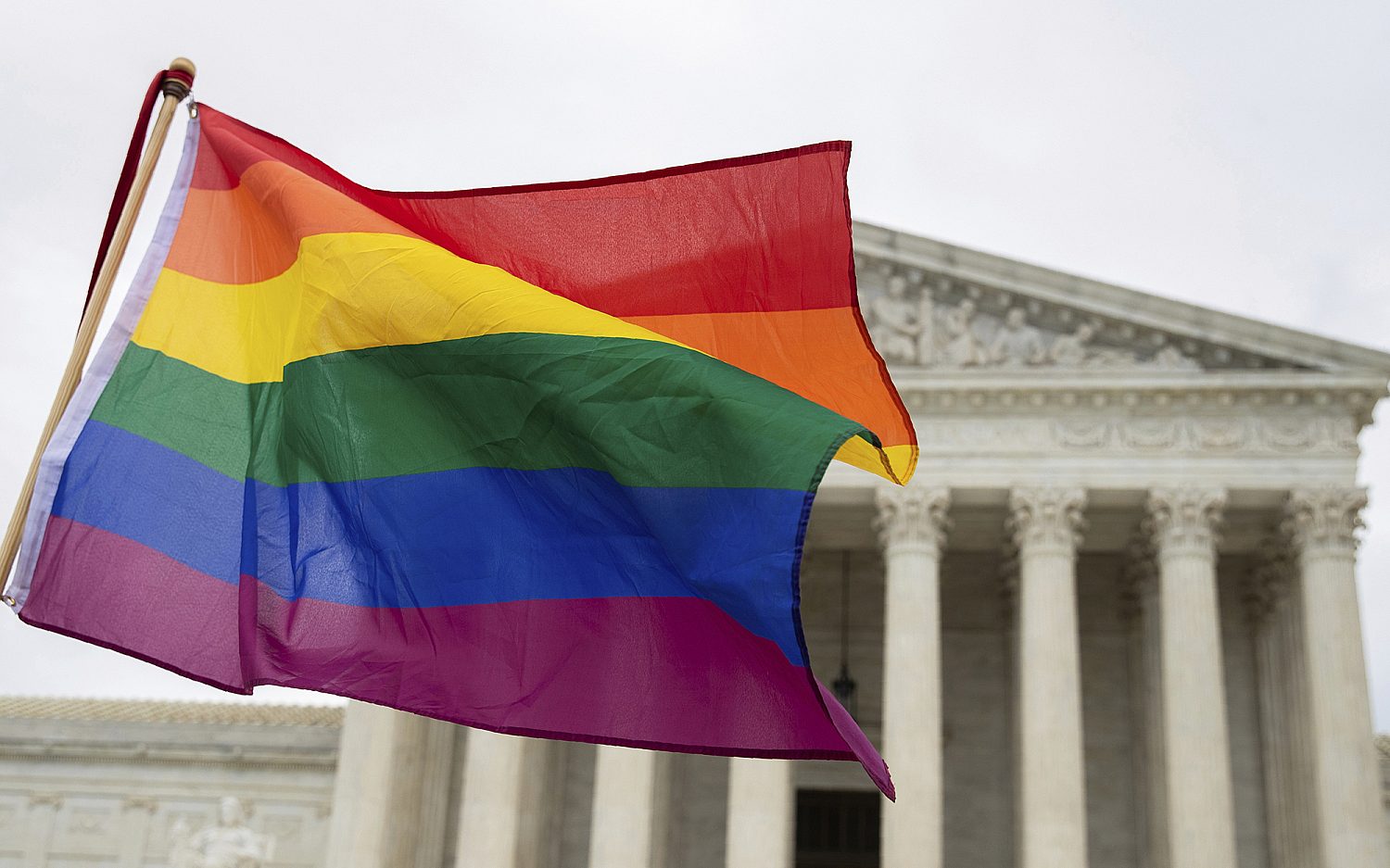Signs and Wonders 11.09
Interesting freshman. Election Day was tough on Republicans. Not only did they lose the top of the ticket, they also lost about 10 seats in the House (though the GOP still retains a comfortable majority). That said, Republicans did well in North Carolina, winning the governorship and picking up three House seats. One of the winners is one of the guys most responsible for that pick-up. Robert Pittenger won the 9th District seat previously occupied by conservative stalwart Sue Myrick. Early in his career, Pittenger spent 10 years on staff with Campus Crusade for Christ, some of that time as Bill Bright’s personal assistant. Pittenger was instrumental in the planning and execution of Explo 72, a huge event in Dallas often called the “Woodstock” of the Jesus Movement. After leaving full-time ministry, he made a fortune as a successful real estate developer in Charlotte, and—in his 50s—got into politics. A decade ago he spent close to $1 million of his own money to knock off one of the most powerful members of the state senate. His opponent also spent $1 million defending the seat. It was the most expensive state senate race in North Carolina history. But that win (and his money) made Pittenger a power player in Tar Heel state politics. He became an important strategist and fundraiser in the Republican takeover of the N.C. legislature, which then led to the re-districting that allowed the three-seat pickup this year. The only “negative” about Pittenger, if you want to call it that, is that he is 64 years old, which is kind of old to be getting a start on Capitol Hill. He’ll be 70 by the time he has any serious seniority in the House.
Don’t mess with Stockman. Incoming congressman Steve Stockman from Texas is also worth a second look. He, too, has an interesting personal story. As a directionless young man, he found himself unemployed, homeless, and—before long—facing a drug charge. A life-changing encounter with Christ turned him around. Four years later, in 1994, he scored one of the biggest upsets in political history by taking out 42-year incumbent Jack Brooks, a U.S. House institution. But Stockman lasted just one term, as he was gerrymandered out of his seat in the 1996 election. Now, he’s been put back into office. It’s not terribly rare for someone to win, lose, then win again two or four years later, but this is the first time in U.S. history (or so Stockman told me) that a congressman has been out of office 16 years and then regain the seat. Stockman is a hard-core conservative and speaks his mind in often-humorous ways. For sheer entertainment value, he will be a nice addition to the House.
Evangelicals and the election. We’re starting to see exit poll data come out regarding evangelicals and the election. The pundits (and a Pew Trust exit poll) say evangelicals turned out in droves for Mitt Romney, in greater numbers than for John McCain. Pew reports that 24 percent of the electorate was evangelical, one point higher than in 2008. Pew also notes that 79 percent voted for Romney, higher than McCain’s 69 percent and equal to George W. Bush’s 2004 total. I confess to skepticism regarding these numbers. For one thing, exit polls are done on those people exiting the polls on Election Day, but more and more states have early voting. In some states, as many as 40 percent of all voters voted early. Do these voters match the profile of Election Day voters? Do the exit polls take these voters into account? Also, on Election Day, as many as 10 million votes nationwide had not yet been counted. Were these10 million in the denominator of the Pew percentages? I don’t know the answer to these questions, but I think the bottom line is that it will take some serious number-crunching in the months ahead before we know the true impact of the evangelical vote on the 2012 election.
Much ado about little. All four states that voted on the same-sex “marriage” question (Maine, Maryland, Washington, and Minnesota) rejected traditional marriage. Same-sex “marriage” advocates are touting the victories as a sea change. Not so fast. First of all, all four of these states are the bluest of blue states. Homosexual rights activists picked these states to mount a challenge this year for a reason. Secondly, these votes do not undo the results of the more than 30 other states that have voted in favor of traditional marriage. Thirdly, the pro-gay “marriage” lobby (the Human Rights Campaign and its affiliates) spent tens of millions of dollars in these four states. That’s not to say that conservatives shouldn’t pay attention to this issue, and to the vote in these states. Same-sex “marriage” is a vital issue. For the Christian, marriage is not just a cultural norm, it is a theological imperative. Heterosexual marriage is at the heart of Scripture’s redemptive story, from Genesis to Revelation. To undermine heterosexual marriage is, as Princeton’s Dr. Robert George and others have asserted, is to attack the gospel. But we must also admit that the country as a whole is somewhat ambivalent on this issue. Younger people, in particular, are libertarian on the question, even young evangelicals. But to say there’s been a wholesale shift in the past year just ignores a much larger body of data.
An actual newsletter worth subscribing to instead of just a collection of links. —Adam
Sign up to receive The Sift email newsletter each weekday morning for the latest headlines from WORLD’s breaking news team.





Please wait while we load the latest comments...
Comments
Please register, subscribe, or log in to comment on this article.